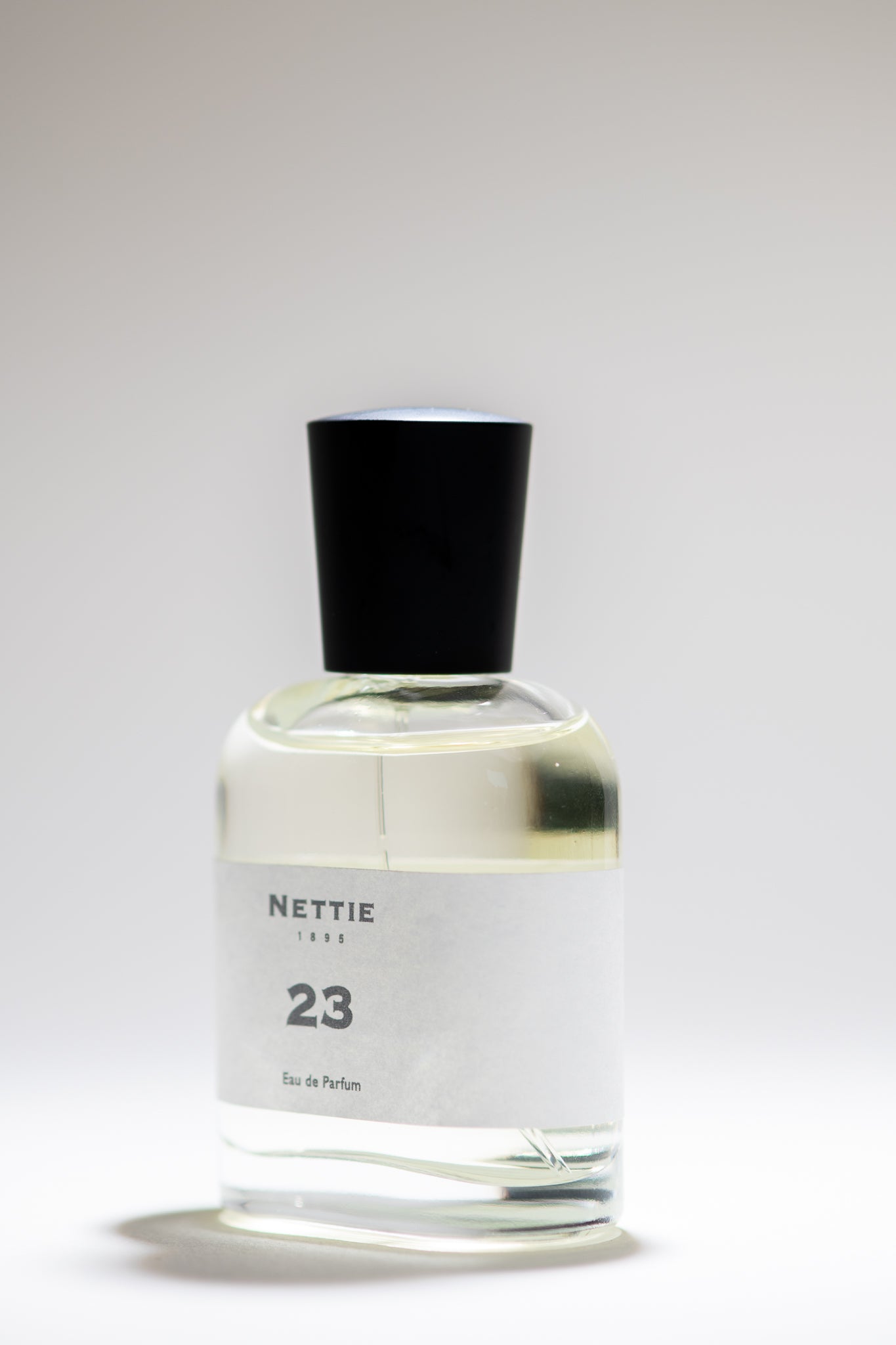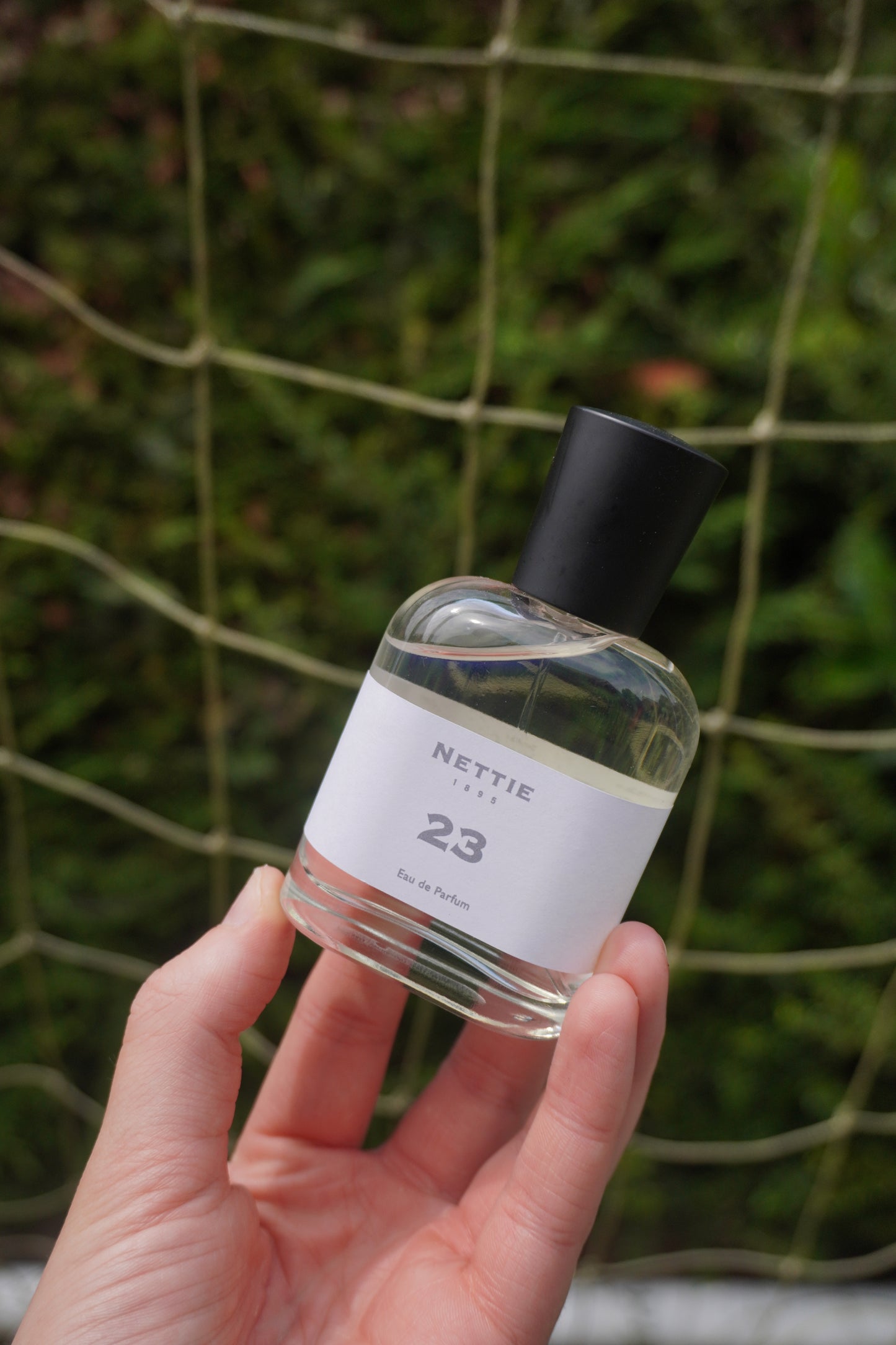23 Blog(3)Chapter Two: The Girl from Whitecross Street
The winter of 1879 arrived in London with a vengeance. The fog settled in thick and yellow, curling between rooftops and lamp-posts like something alive. By the time the first snow fell, it was already dark at four o’clock in the afternoon, and the gaslights flickered nervously as if unsure whether to bother staying lit at all.
In a cramped little terraced house on Whitecross Street, wedged between a butcher and a bootmaker, a baby girl was born.
Her name was Ellen Mary Anne Dunn.
And she came into the world with her toes clenched and her fists raised.
Whitecross Street was no place for sentiment. It bustled and barked and stank of boiled tripe, wet cobblestones, and smoke. The street was alive from dawn till long after dusk—fruit sellers hollering prices, drunkards mumbling songs to lamplight, children darting through puddles with hands full of penny sweets or stolen apples.
This was no genteel corner of the capital. It was a pocket of survival, built on trade and sweat and far too many people in far too few rooms.
Ellen’s family lived above her father’s boot repair shop. Her father, John Dunn, had hands like brick slabs and a back permanently bent from years at the cobbler’s bench. Her mother, Mary, was part housekeeper, part referee, and full-time miracle worker, somehow feeding six children from a kitchen the size of a coal cupboard.
They were not poor by Whitecross standards. But they certainly weren’t rich. They had meat on Sundays, second-hand boots from cousins, and a single tin of plum preserves hidden in the larder for emergencies—which usually meant birthdays or funerals.
Ellen was the fifth child, and easily the most troublesome.
She walked before her first birthday. Climbed before her second. By three, she’d worked out how to hoist herself onto the windowsill, wrap her legs round the curtain rod, and swing like a monkey until someone shouted at her to come down.
“Don’t tell her she can’t do something,” George, her older brother, once said. “She’ll find a way just to prove you wrong.”
George adored her. He was good with his hands and even better with his feet—a proper acrobat in his own right, flipping through back alleys and balancing on railings with all the grace of a circus boy. The two of them were inseparable. They shared bruises, bread crusts, and dreams—mostly of running away to join some distant, exotic troupe where people applauded you for doing cartwheels instead of scolding you for knocking over the laundry basin.
The streets were their training ground.
They learned balance from cobblestones, speed from the coal cart boys, and timing from avoiding policemen. Ellen could flip backwards from a crate before she could spell “cat”. By the age of eight, she was infamous on Whitecross Street for being the only girl who could walk on her hands the entire length of the alley behind the pie shop—without falling, and without spilling the half-eaten apple she always insisted on keeping in her mouth.
People said she was “like a rubber doll”, though not always kindly.
Some said it with admiration.
Others said it with suspicion.
Whitecross, for all its chaos, had rules—especially for girls. Girls were supposed to help with washing, carry messages, keep their knees together on the tram, and eventually marry a man who could afford a second-hand chair and a tin of tobacco. That was the dream.
But Ellen didn’t dream of being somebody’s wife.
She wanted a stage.
Not that she’d ever seen one. But in her mind, she imagined lights and music and applause. She imagined costumes that sparkled and crowds that laughed and gasped and called out her name—not “Dunn” like at school roll call, but something grander.
She just didn’t know what it was yet.
Then, one December afternoon at the local charity bazaar, it happened.
Ellen, aged thirteen, was entertaining a cluster of younger children by flipping herself into increasingly ridiculous positions—shoulders behind knees, toes under armpits, that sort of thing—when a man in a long coat and a bowler hat appeared beside her mother.
“Is she yours?” he asked.
Mary, weary-eyed and arms full of turnips, looked suspicious. “Why?”
“I run a music hall up in Finsbury,” the man said. “And I’d like to offer her a chance to audition.”
Mary’s jaw tightened. “She’s not some dancing monkey, if that’s what you think.”
The man raised both hands. “Nothing improper. Acrobatic acts. Comic interludes. Paid work, ma’am.”
Mary opened her mouth to refuse—but John, Ellen’s father, who’d been listening from the shadows, placed a quiet hand on her arm.
“She’s not going to be a bootmaker,” he said. “Let the girl try.”
So she did.
The Finsbury Music Hall was nothing like she imagined. It smelled of smoke and old costumes and floor polish. The walls were scuffed, the curtains moth-eaten, and the manager had the sour look of a man who had trusted too many people with too few results.
But Ellen took to it like a duck to water.
No, more than that.
She took to it like a firework takes to a match.
Her first performance was on a Tuesday. She was the third act of the evening, sandwiched between a pair of violin-playing twins and a ventriloquist whose dummy had a better accent than he did.
She walked onto the stage in borrowed slippers, hands shaking, knees knocking.
Then she flipped backwards, arched into a bridge, lifted one leg behind her neck—and the audience, half full and half drunk, went wild.
By the end of her act, people were cheering.
Someone threw a hat.
Someone else shouted, “Blimey, she’s made of string!”
The manager offered her a contract on the spot.
He also said she needed a stage name.
That night, lying wide awake on a borrowed mattress above the theatre, Ellen thought hard. She wanted something elegant. Something with flair. Something that didn’t sound like a Whitecross Street bootmaker’s daughter.
And just like that—she became Lily Flexmore.
It wasn’t her real name.
But then again, it would become more real to the world than any name she was ever born with.
Years later, when people remembered her on stage—folded into impossible shapes, grinning upside down as she sang comic verses—they rarely thought about the soot-blackened child cartwheeling through puddles in Whitecross.
But I do.
I remember.
Because to understand Lily Flexmore, you must first know Ellen Dunn.
The girl who bent herself backwards to get ahead.
And then kept on bending, until history finally noticed.











